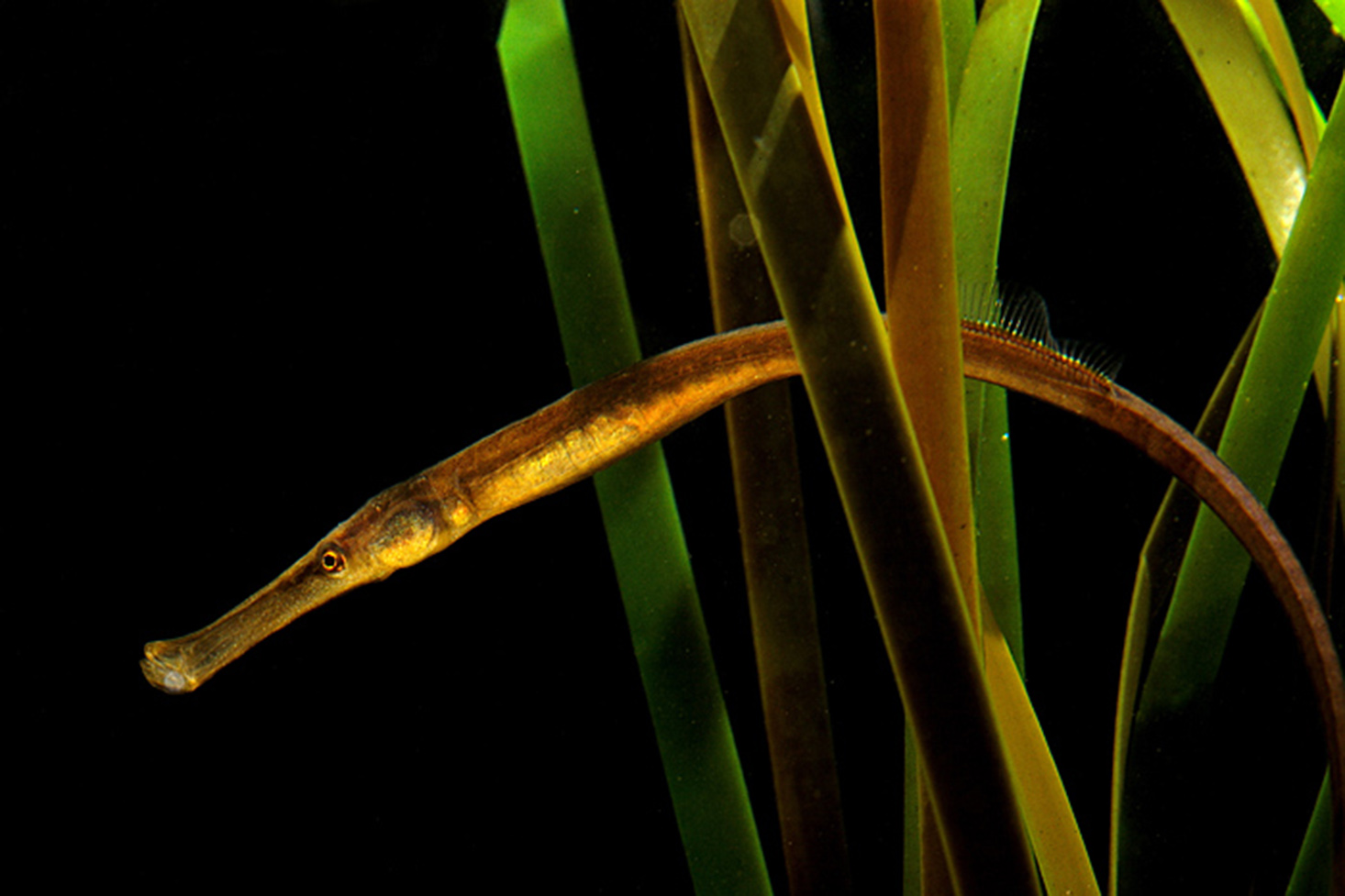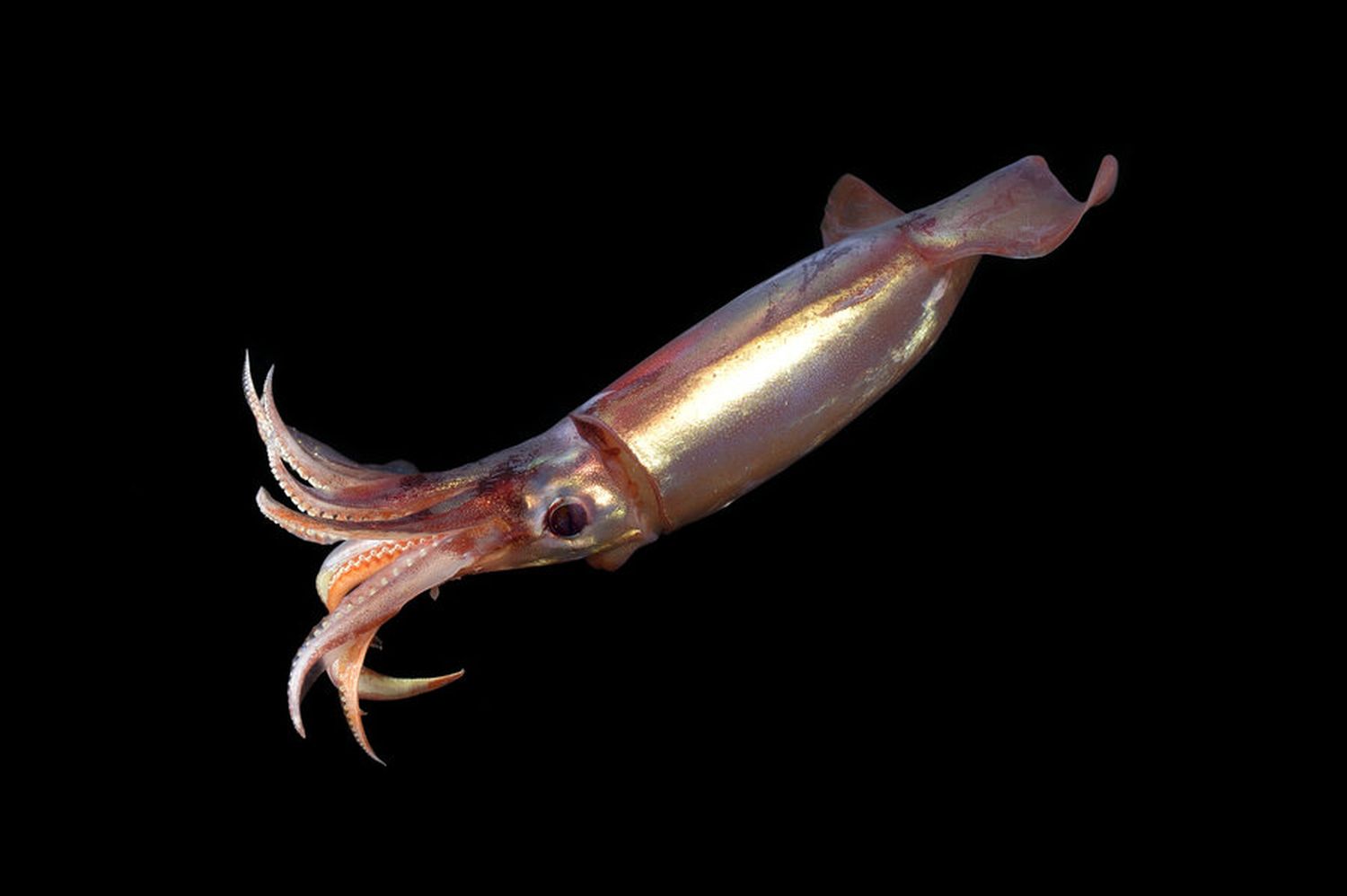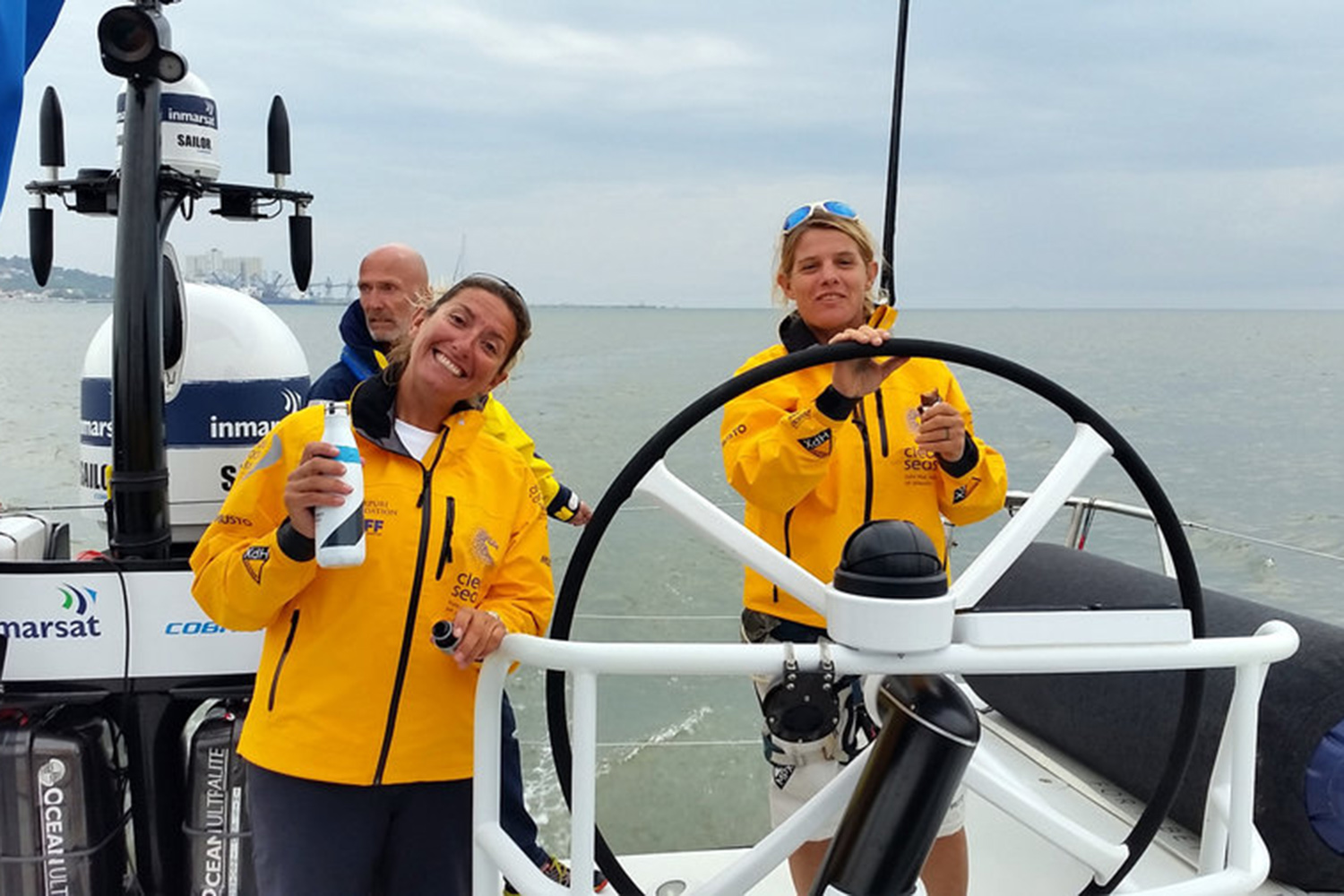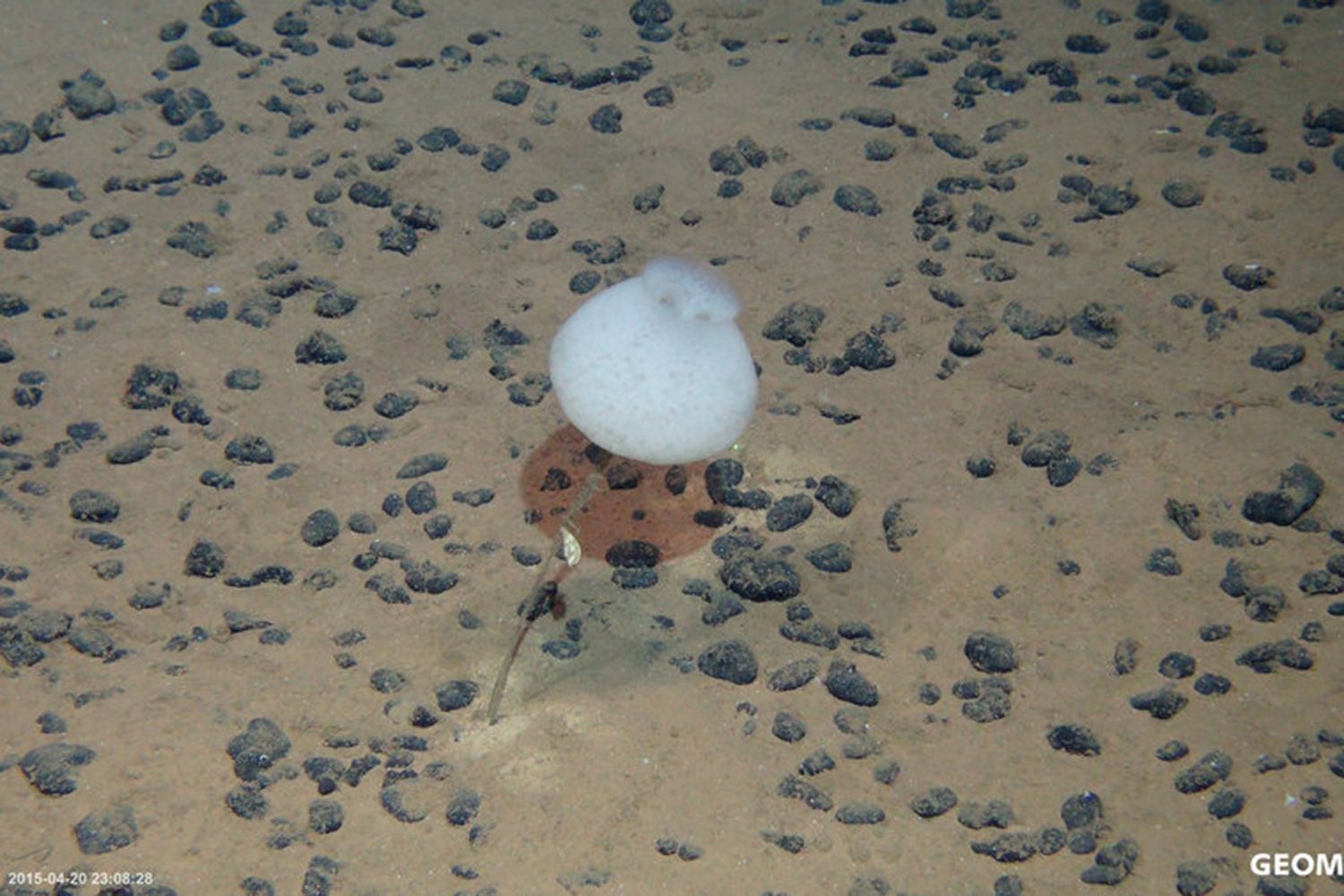At the beginning of the evolution of life, reproduction was still reasonably simple. The first organisms were unicellular and multiplied by cell division. Later, more and more complex forms of life appeared that required male and female individuals for sexual reproduction. To boost the survival of the fragile embryos nature offers different solutions. Eggshells as protective covers are one of them, pregnancy is another. The latter required extensive adaption of the - almost always - maternal body. However, why pregnancy could evolve so many times independently and the underlying adaptations remain controversial and often unexplored.
Dr. Olivia Roth of the GEOMAR Helmholtz Centre for Ocean Research Kiel investigates fundamental questions about the evolution of pregnancy by examining the exotics among viviparous organisms, pipefishes and seahorses. They are the only family in the animal kingdom in which the males bear the young in their bodies. For her research, the European Research Council (ERC) has awarded Dr. Roth now with a funding of EUR 1.5 million for the next five years as part of a distinguished "starting grant".
With the funding, Dr. Roth is going to extend her working group and to expand her research on male pregnancy evolution. The team focuses in particular on the immune system of the animals. "Immunological adaptations are inevitably intermingled with the evolution of any form of pregnancy, since the embryo consists half of paternal genetic material, the body of the mother might reject it as foreign tissue, comparable to an organ transplant," Dr. Roth explains. In the case of humans, mechanisms are known that protect an embryo from the mother's immune system, "but in most other pregnancy evolutionary events, these mechanisms are still completely unexplored," Dr. Roth continues.
Using genome and transcriptome analyses the scientist has discovered that important parts of the immune system were lost or non-functional in the pipefishes and seahorses. "Probably this loss only permitted the evolution of male pregnancy by enabling the male to take up the eggs into his body and nurture them," she says.
This discovery is particularly interesting because the lost genes of the seahorse and pipefish immune system have until recently been considered a hallmark of vertebrate evolution. "Without the corresponding genes and their function, vertebrate life was assumed to be impossible", emphasizes Dr. Roth.
With comparative genomics, supplemented by experiments, she and her team, in collaboration with the Center for Ecological and Evolutionary Synthesis of the University of Oslo, want to unravel how male pregnancy evolved with modulations of the immune system and the microbiome and discover the genetic basis of male pregnancy of seahorses and pipefishes. "Ultimately, we want to shed light on the evolution of the enormous variety of sex roles and parental investment," she says.
GEOMAR director Prof. Dr. Peter Herzig congratulated Dr. Roth on being awarded with the ERC Starting Grant. "The competition for this funding is really hard and the research work of Dr. Roth is outstanding. Her success is, hopefully, encouragement for many more young colleagues at GEOMAR."
Links
www.geomar.de GEOMAR Helmholtz Centre for Ocean Research
erc.europa.eu The European Research Council
Contact
Jan Steffen (GEOMAR, Communication & Media), Tel.: 0431 600-2811, presse@geomar.de
…



